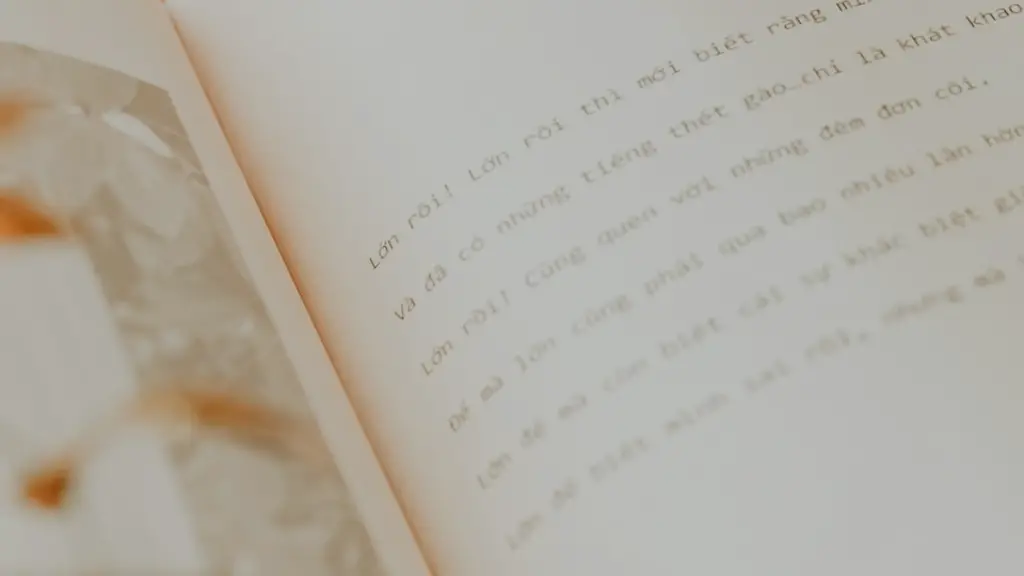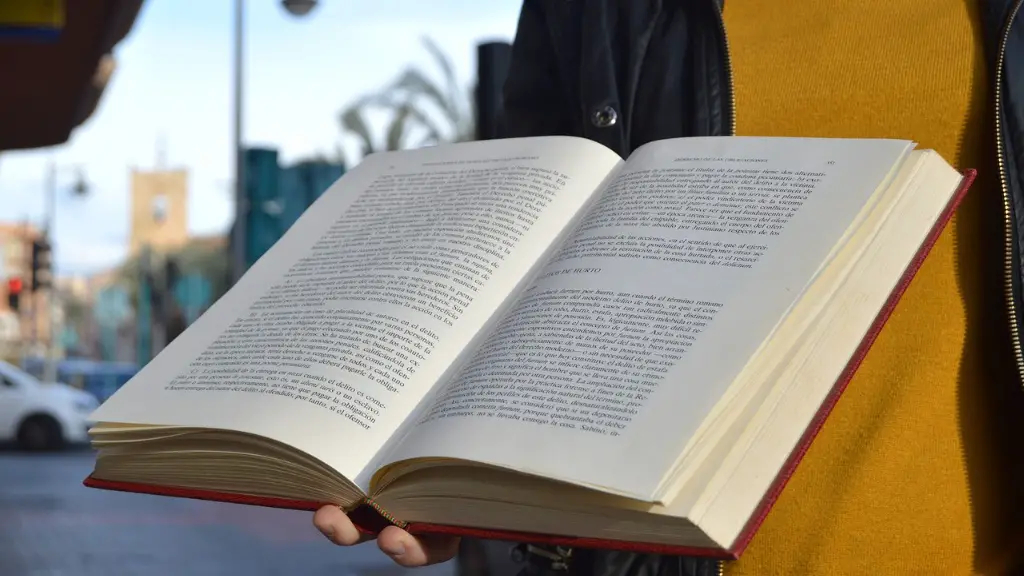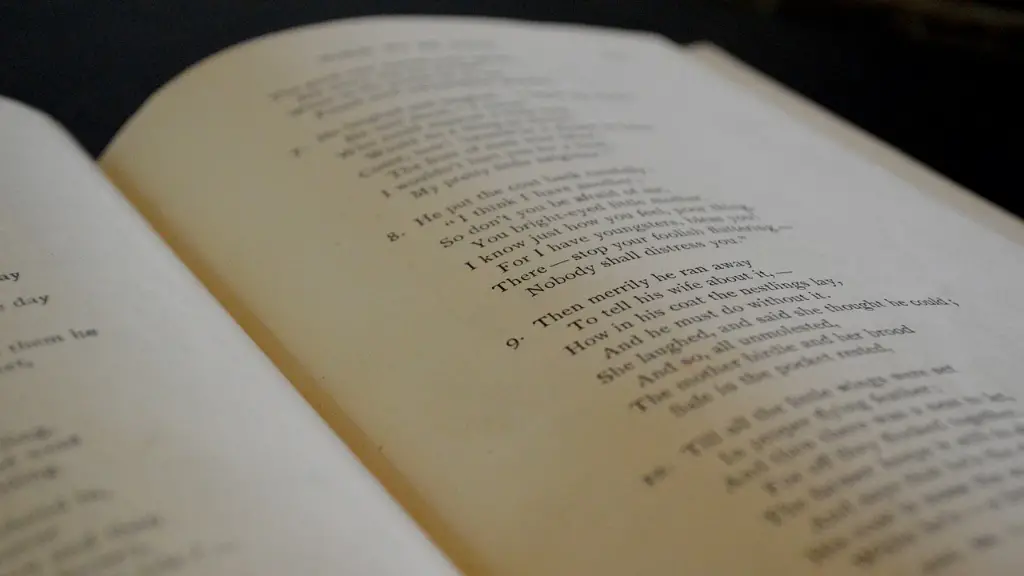Free verse poetry examples may provide insight into art that defies the traditional definition of a poem. It is a type of formless writing that does not follow a set of rules, which allows poets to make their own expression without the restrictions of fixed techniques. Generally, free verse is composed of lines that lack a particular meter, rhyme scheme and lack a fixed set of patterns. This can be seen as liberating, as the writer will be able to express the poem in whatever structure they want to. There are many unique free verse poetry examples out there, which emphasize the artistic freedom of this style of poem writing.
Unlike more traditional forms of poetry, imagery and other literary devices are more prominent in free verse. Through the use of vivid language, free verse helps to bring to live the meanings of words on the page. Generally, free verse does not rely on a particular syntax form, and the poet will have complete control over their words and their phrasing. This can be seen as a benefit, as it allows the poet to create the poem in whatever manner suits them best.
When looking at free verse poetry examples, it is important to remember that the pieces are often written from a personal point of view. This means that the writer is likely to reflect on their own thoughts and feelings as part of the poem. As such, the poem is a reflection of the author’s life and experiences and may have an emotional or spiritual component that makes it more resonant with its readers.
Although some people find free verse to be difficult to understand, this form of writing can actually be quite accessible. As the poet is expressing their own emotions, they can speak in a language that is understandable to most. This can be achieved by using simpler words and phrases, and by avoiding obscure metaphors and symbolic devices.
The lack of set structure when it comes to free verse can also make it easier to edit and rearrange the words on the page. This is beneficial for both the poet and the reader, as it ensures that the message of the poem is clearly conveyed. It also helps to ensure that the poem does not become overly cluttered or distracting.
Finally, when looking at free verse poetry examples, it is important to note that this type of writing allows the poet to be creative and inventive. By using their imagination and creativity, poets can create unconventional pieces that can inspire and engage their readers. This can be done through the use of interesting metaphors and descriptions, as well as through the use of creative language.
Impact of Free Verse
Free verse has had a profound impact on the evolution of poetry. This form of writing has allowed poets to express themselves more freely, without being hampered by the traditional rules of writing. As such, free verse has had a major influence on how poetry is perceived and produced.
This form of writing not only provides a way for poets to express themselves, it also allows them to explore different topics and ideas. By being able to take an abstract concept and make it more tangible, through words and visuals, free verse can be a powerful tool for expression.
Furthermore, free verse has made poetry more accessible to the public. As this style of writing is usually considered more accessible, it can be accessed and understood by readers regardless of their level of understanding of the poem. As such, this type of writing has become increasingly popular, especially among young people.
Finally, free verse has had an impact on the way in which poetry is seen. By making it easier to express ideas and emotions, this type of writing has created a more diverse and open landscape, where a variety of concepts can be explored and expressed. This has helped to make poetry more widely appreciated and accepted.
Pros and Cons of Free Verse
While there are many advantages to using free verse, there are also some downsides that must be taken into account. For starters, some people may struggle to understand this type of writing, as the lack of structure may make it more difficult to comprehend. Moreover, the lack of set rules may lead to a lack of focus, as the poem may not have a clear direction or message.
Furthermore, some may be put off by the fact that free verse relies heavily on imagery and metaphor, which can be difficult to grasp. As such, if the poet is not skilled in this form of writing, they may end up with a poem that is difficult to understand. Additionally, free verse can also be difficult to edit, as it lacks a set structure that can be rearranged easily.
On the other hand, free verse has many advantages. It provides poets with more freedom and creativity, allowing them to express their ideas in whatever manner makes sense to them. Additionally, free verse can be used to explore a wide range of topics and ideas. By providing a formless platform to express these concepts, it can be a powerful tool for expression.
Finally, free verse can be a great way to engage readers, as it provides them with an alternative view of conventional poetry. It allows readers to explore and interpret the words on the page in different ways, providing them with an alternative perspective on the poem. As such, free verse can be an excellent way to intrigue and captivate readers.
Conclusion
Free verse poetry examples can provide great insight into what makes this type of writing so unique. Through the use of vivid language and imagery, free verse can be a powerful tool for expression. Additionally, free verse can be more accessible to the public, as its lack of structure make it easier to appreciate and understand. Finally, free verse can make poetry more engaging, by providing readers with an alternative view of conventional poetry.



